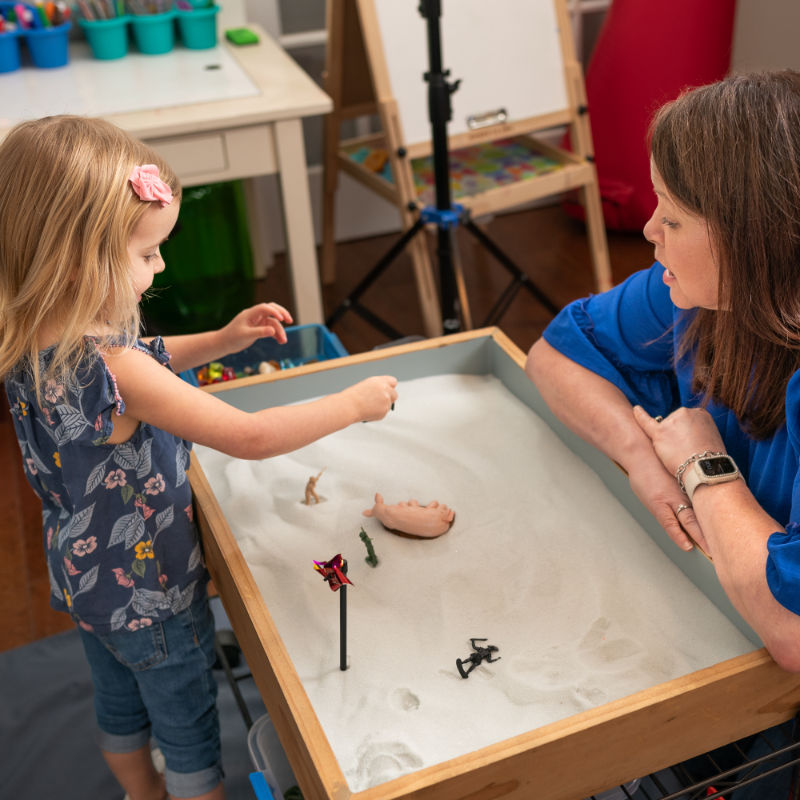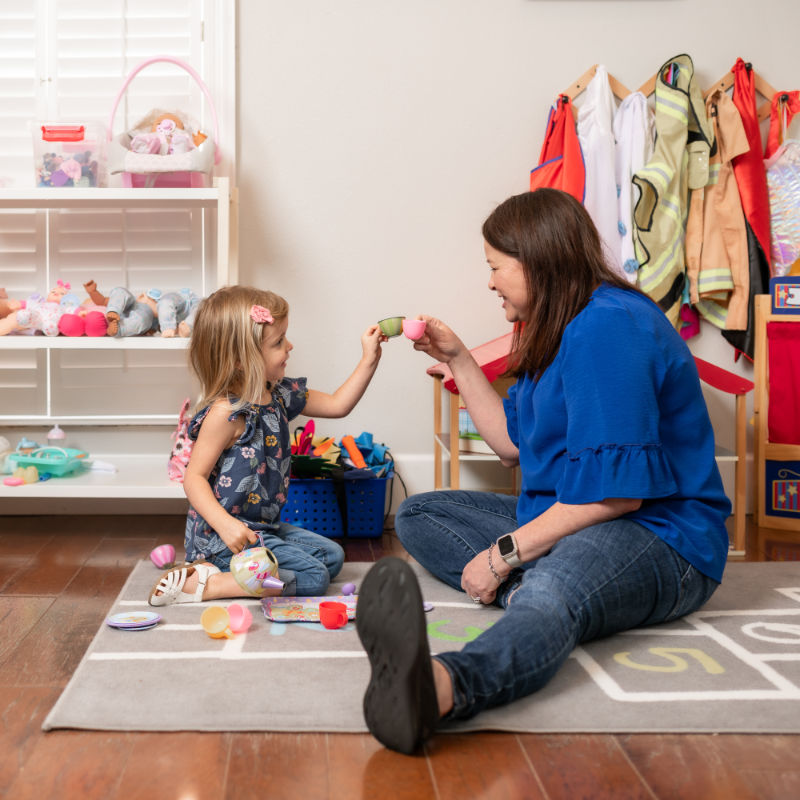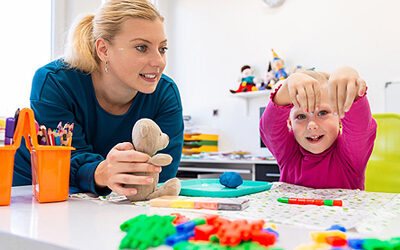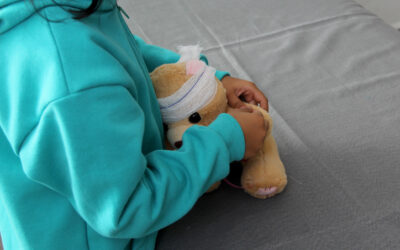Child Counseling


Guiding Your Child Through Life’s Challenges: Expert Child Counseling Tailored to Their Needs
You love your child more than anything and you’d do anything to help them. Lately you are noticing an increase in concerning behaviors. Maybe you’ve noticed that they seem to worry about things that were previously not a problem. Perhaps they have gone through some recent life transitions and they are having difficulty regulating their emotions. Or maybe you’ve started getting phone calls and emails from school. You aren’t sure where to turn but you know that something is “off” with your child. It may be affecting their behavior, their emotions, and even their eating and sleeping habits. You know you need some help getting things back on track and a better understanding of what your child is going through.
Children are unable to communicate in the same way as adults. Therefore you need a therapist who is specifically trained in child therapy. As child therapists, we are trained to help children process their emotions in a way that makes sense to them and leads to lasting change.
Specialized Child Counseling for children ages 3-12. Call (832) 521-8809 today!
Why Play Therapy?
Play therapy is specialized counseling uniquely and specifically suited for children between the ages of 3-12. We start with the understanding that children have not yet developed the cognitive skills for abstract reasoning. This means they don’t yet understand concepts like cause and effect, the consequences of their behavior, and they exclusively operate out of their emotions, not the reasoning part of their brain. That part of their brain hasn’t developed yet. Since children do not have abstract reasoning and they operate out of their emotions, traditional talk therapy doesn’t work. Most adults’ concept of therapy is sitting on a couch and talking through issues but this does not work with children. Children work through issues by playing issues out, not talking them out.
Play therapy involves the use of play to communicate with children and to help children learn to solve problems and change their problematic behaviors. Children naturally engage in play to create meaning and organize their experiences. This allows children to distance themselves from difficult feelings and experiences through symbolic expression, using the toys as the medium to disclose these feelings. The therapeutic playroom becomes a sacred place to process and explore painful fears, anxieties and inadequacies. In play therapy I will support your child while they work through their emotions, equipping them with improved self-esteem, a greater sense of self, self-regulation and a decrease in problematic behaviors.


Relevant Blog Posts
Why Children Need a Different Type of Therapy Than Adults
When parents consider therapy, they often imagine sitting and talking through problems with a therapist. While this approach can be effective for adults, children require a distinct type of therapy, one that aligns with the unique development of their brains, bodies,...
How Play Therapy Helps Kids With Medical Trauma
Medical care is meant to help, but for many children, it brings moments that feel scary, unpredictable, and overwhelming. Shots, IV placements, emergency room visits, long hospital stays, or chronic illness routines can shape how a child views their body, their...
When Big Feelings Take Over: Understanding Your Child’s Emotional World
Children feel deeply. Their excitement can take over a room. And when they are overwhelmed, sad, frustrated, or afraid, those feelings can show up just as intensely. For many parents, the hardest moments are when a child’s emotions hit big: the meltdown on the kitchen...
Your Role in Play Therapy: Why Parents Matter
Your Role in Play Therapy: Why Parents Matter When your child begins play therapy, it is natural to have questions “What happens in that playroom?” or “How can I support my child through this process?” While your child is the one spending time with the play...
When Therapy Makes Things Feel Worse (Before They Get Better): What’s Going On with My Child?
If your child recently began therapy and you’ve noticed their behavior is becoming more emotional, more intense, or even more oppositional, you’re not alone—and you’re not imagining things. In fact, this shift often signals that important emotional work is taking...
Creating Confident Children and How Play Therapy Helps
Have you ever noticed how hard your child tries to build the tallest tower, win the board game, or draw the “perfect” picture? Underneath all that effort is something very important: your child is working hard to feel competent. In other words, to feel capable,...






